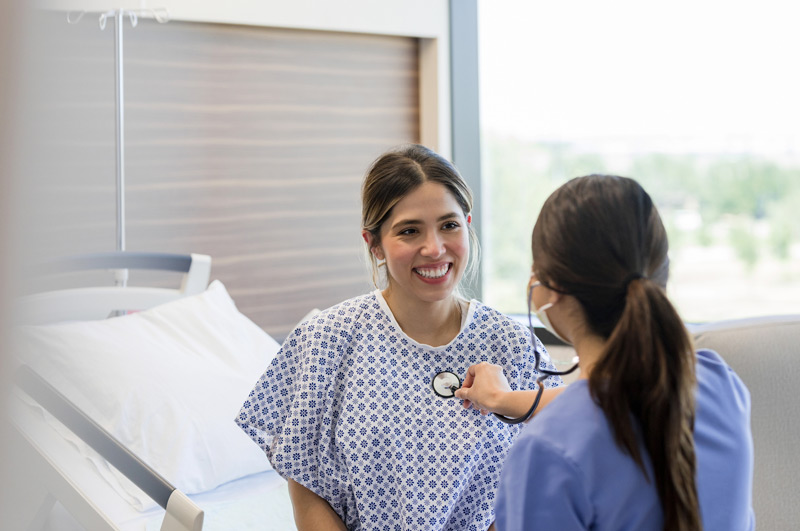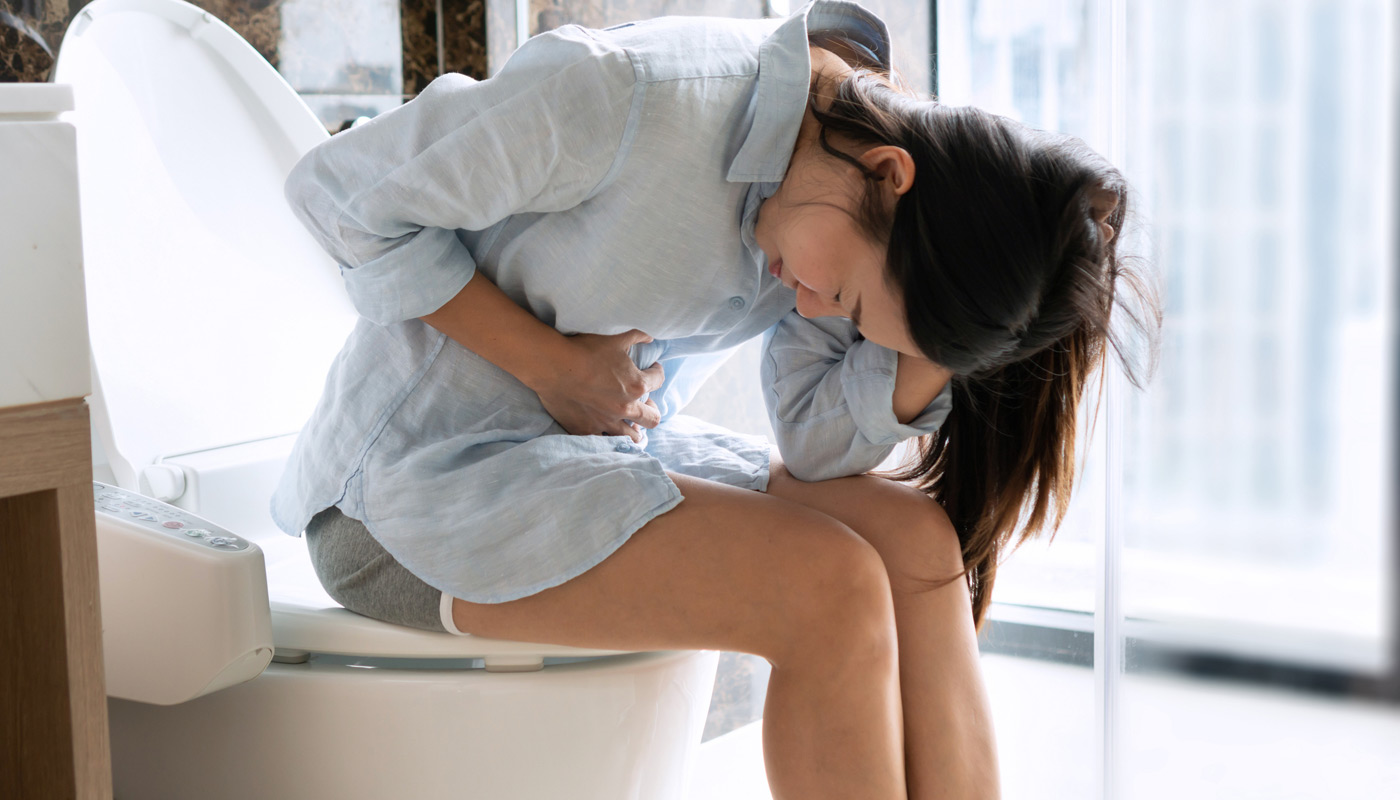A rectocele is when the front wall of the rectum bulges abnormally into the back wall of the vagina. The rectum is the lowest part of the colon.
Rectoceles are most common in women over 60 years of age but can occur in anyone.
Symptoms of Rectocele
Small rectoceles usually don’t cause symptoms, but large ones can cause a noticeable bulge in the vagina and the following issues:
- Rectal pain
- Constipation
- Straining during bowel movements
- Fecal impaction in the bulge
- Difficulty completing bowel movements
- Frequent urge to have bowel movements
- Need to press against the vagina or rectum to have a bowel movement
- Vaginal bleeding
- Pain during sexual intercourse
- A feeling of fullness in the vagina


Causes of Rectocele
Thinning of the rectovaginal septum and weakening pelvic floor muscles can cause a rectocele. Contributing factors include:
- History of constipation
- Vaginal deliveries
- Chronic straining with bowel movements
- Gynecological or rectal surgeries
- Trauma during vaginal delivery (e.g., forceps, vacuum, tearing, episiotomy)
- Aging
- Chronic cough or bronchitis
- Heavy lifting
- Obesity
- Previous pelvic surgery, like a hysterectomy
Diagnosing Rectocele
A rectocele may be found during a routine physical exam, but further tests may be needed to assess its severity. A pelvic exam checks for vaginal prolapse, and patients might be asked to contract and relax their pelvic muscles or strain as if defecating. A defecography, a special X-ray, can show rectal and anal changes during defecation and determine the rectocele’s size and extent.
Treatment Options for Rectocele
The treatment goals are to remove excess tissue from the rectocele and strengthen the wall between the rectum and vagina with surrounding tissue or a mesh patch.
Before treatment, a doctor will confirm if the rectocele is the main cause of symptoms.
Nonsurgical treatments focus on promoting healthy bowel habits and avoiding constipation and straining, including:
- Stool softeners
- Drinking six to eight glasses of water daily
- High-fiber diet
- Over-the-counter fiber supplements
- Applying pressure to the back of the vagina during bowel movements
- Pelvic floor exercises
- Hormone replacement therap
- Biofeedback to enhance rectal sensation and pelvic muscle contractions
Surgical treatment may be necessary if nonsurgical methods are ineffective. Options include abdominal, rectal, or vaginal surgery, depending on:
- Rectocele size and symptoms
- Patient’s age and overall health
- Prolapse degree
- Desire for future pregnancies
- Desire to continue sexual activity

Risks of Surgery
Potential risks include bleeding, infection, pain during intercourse, and recurrence or worsening of the rectocele.
Choose UCI Pelvic Health Center
If you are experiencing symptoms of a rectocele, such as rectal pain, constipation, difficulty completing a bowel movement, or vaginal fullness, the team at UCI Pelvic Health Center is here to help. Our expert team specializes in diagnosing and treating rectoceles with personalized, compassionate care. We offer comprehensive evaluations, advanced diagnostic techniques, and a range of effective treatment options, both nonsurgical and surgical, tailored to your needs.

